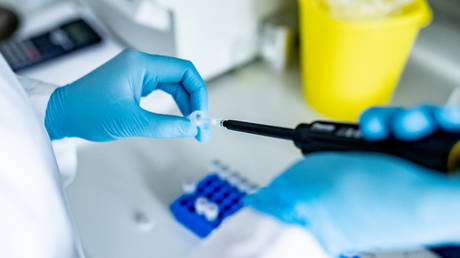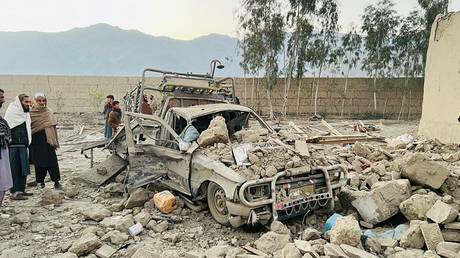
A new study by the Scripps Research Institute, in the US, suggests that the antibodies present in the blood of recovered Covid-19 patients could provide powerful protection against the coronavirus.
The research, published on Monday in the journal Science, posits a rapid-response option for treating the coronavirus: injecting the antibodies of recovered patients into those experiencing the early stage of the disease. Once sourced, the antibodies can then be mass-produced in the laboratory.
Antibodies are produced by the immune system to counteract a disease once it enters the body. The new research, using animal and human cell cultures, suggests they may also be able to provide a short-term vaccine-like protection against the coronavirus for those most at risk or in contact with the disease, such as healthcare workers and the elderly.
Depending on how the research progresses through the necessary human trials, the team said that the antibodies could be used in treatments as early as January 2021.
The project, a collaboration between the non-profit scientific research organization International AIDS Vaccine Initiative and the University of California San Diego School of Medicine, is not the first study in which antibodies sourced by patients have been used to tackle a new disease. The approach has also been used successfully against Ebola and the pneumonia-inducing respiratory syncytial virus.
Using the blood of others to hold death and disease at bay is nothing new. In 1492, Pope Innocent VIII was allegedly administered the blood of three 10-year-old boys in the (vain) hope that it would improve his health.
Fast-forward 600 years, and the startup Ambrosia Medical is offering anyone with $8,000 the chance to fill their veins with blood donated by young people in an attempt to mitigate the effects of ageing.
Like this story? Share it with a friend!




